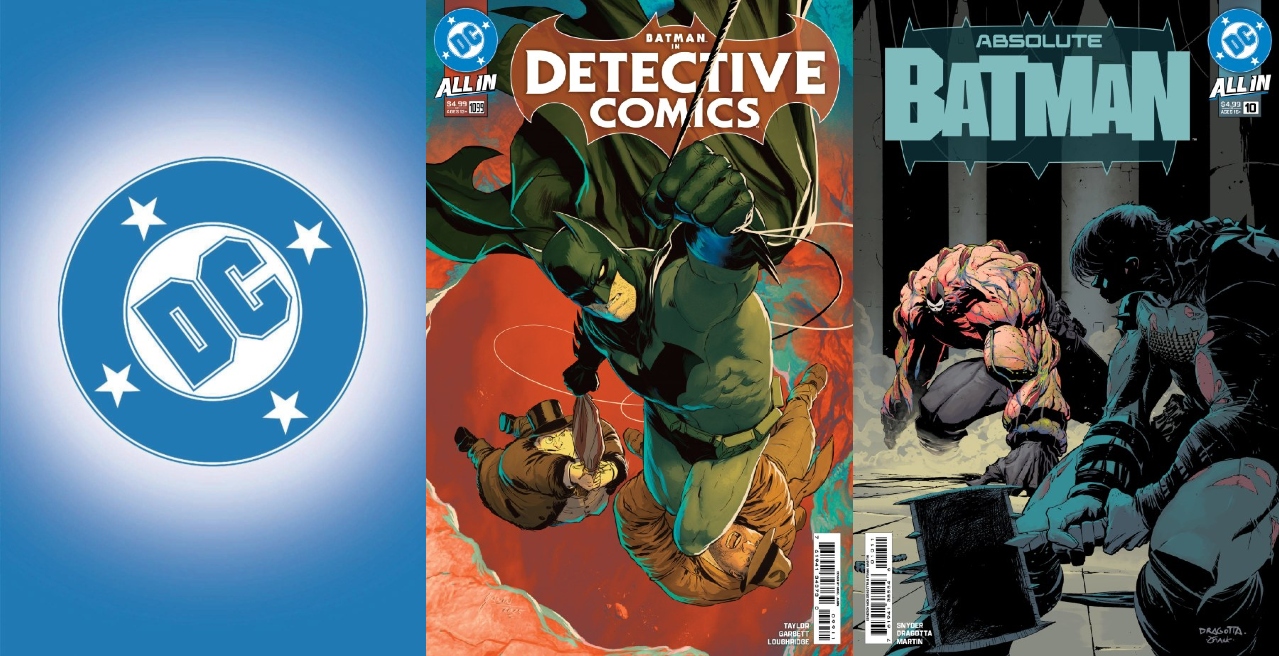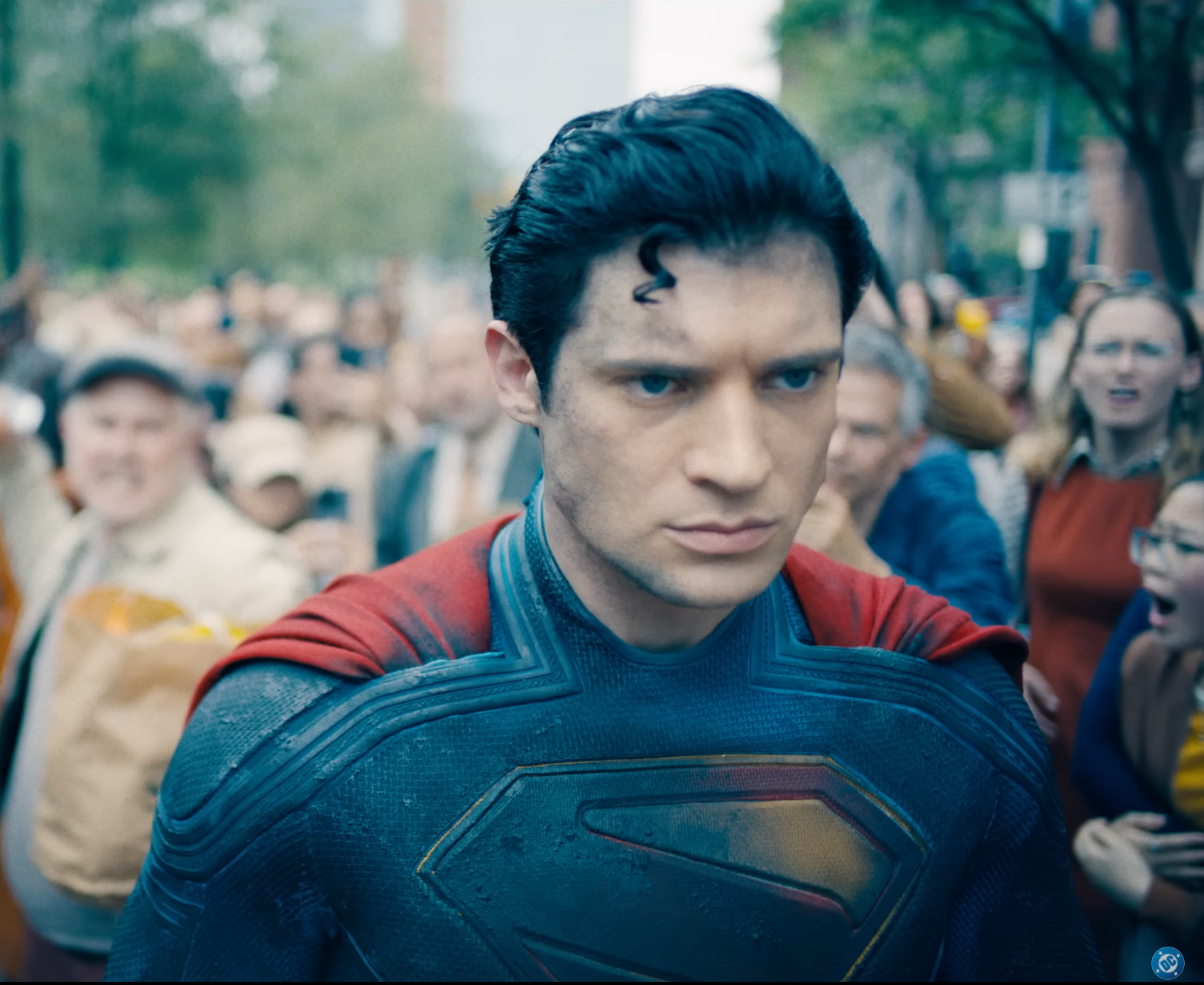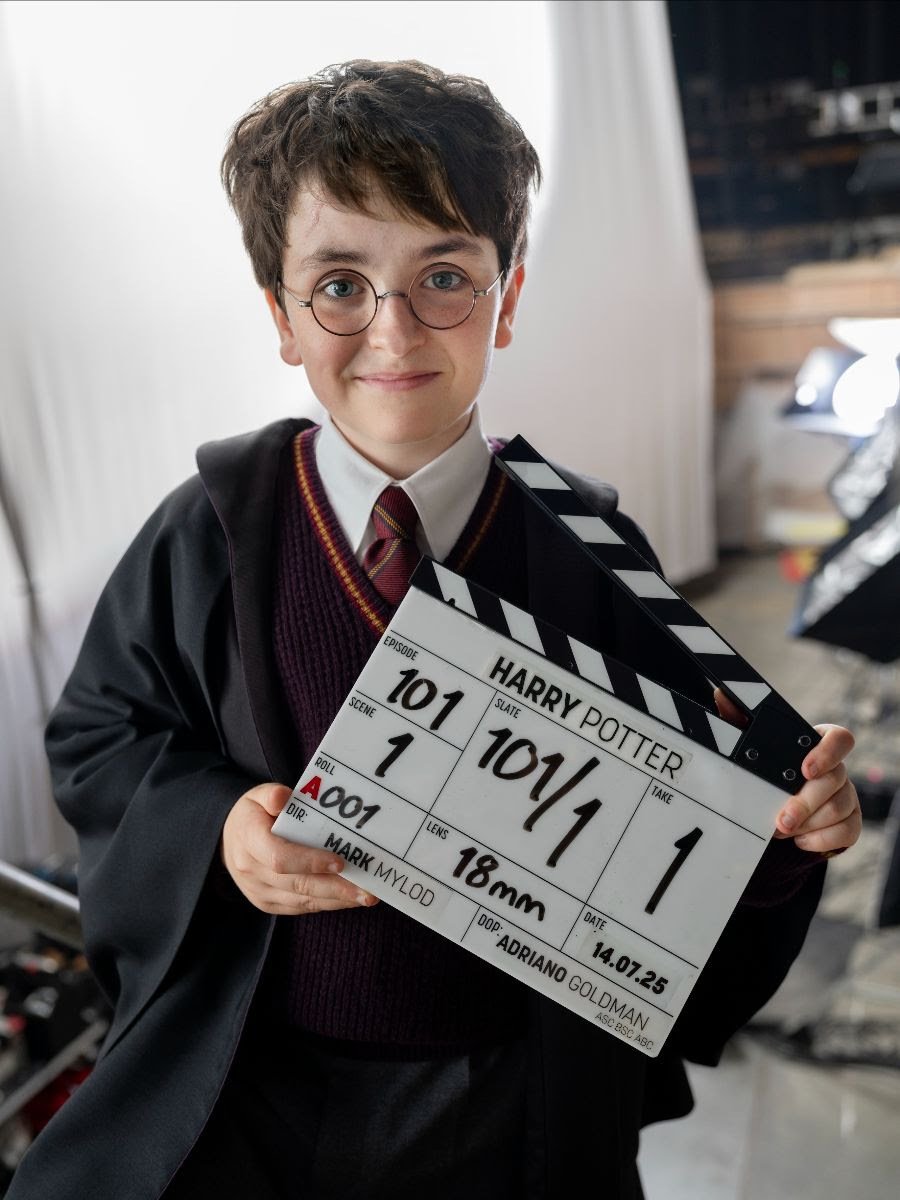Making his first feature film debut with Minyan at Berlinale last week, documentary filmmaker, Eric Steel brings to life the unique story of a gay Russian-Jewish teenager named David, who lives in Brooklyn, but regularly helps out at minyans along with his beloved grandfather in Brighton Beach. Set in the 80’s, the film touches upon gay life in the east village, the emergence of HIV, closeted elderly Jewish men, and life as a Jewish immigrant in NYC.
With a fantastically gritty cinematography, befitting soundtrack, and beautifully interwoven stories and characters portrayed by a compelling cast, this coming of age flick is about sexual awakening, self-acceptance and an homage to the traditions, lives and the challenges faced by Jewish settlers in NYC.
LRM had the pleasure of sitting down with Eric in Berlin to talk about how he adapted the book by David Bezmozgis and made it his own, his personal experiences as a gay Jewish man growing up in New York, realizing his dream of becoming a director and how he hopes to inspire viewers with his film. See below what he had to say about Minyan.
LRM: Eric, let’s start with the world premiere of Minyan. How was it?
Eric Steel: Last night was the premier at the Berlinale. It’s been a long time we’ve been working on this, but since we knew we were coming, it’s been so much work to get it all sort of finished and polished and put together and every little detail and so, I wish I could say that I have more time to think about what it was going to be like before I got here. Then I got here and I love this festival. They’re so organized and so great and the programs at Panorama are so amazing. So, we had a little warm up party before the premier started and then they shuttled us over to the theater and we got there 15 minutes early and there was a really long line of people waiting. We were on the third floor of the theater and the line went all the way down, all the way down the stairs outside. There were people that had signs like, “we need an extra ticket for Minyan.”
I was like looking at, “Oh when are they going to let the people into the theater.” I thought we didn’t have that much time, but the person from the festival said, “Oh no, no, no, everybody is already in the theater.” I thought that can’t be, and he said, “Yes, these are people waiting to see if there’ll get any seats. I was like “Oh my God, there are 300 people waiting to get into theater that’s already filled with people. So, it was pretty great.
LRM: That must feel amazing!
Eric Steel: It was a great feeling. I showed up with Ron Rifkin and there were people asking for his autograph and for Sam Levine’s. It was just great, and I mean, I’m not brave enough to watch my own movie. I paced around outside the theater while it was running and I kept thinking, “Well, someone’s going to walk out sooner or later”. Nobody left.
LRM: Why didn’t you want to watch your own film?
Eric Steel: I watched it, Oh God, I’ve watched it a lot. Probably by the end of the festival I’ll go back and watch it, but right now it’s nerves, and I think just getting it all ready to actually go. It’s there, done it, you know, like I was vertigo or something.
LRM: Why did you choose to have the world premiere here?
Eric Steel: They invited us and there would be no reason not to come here. It’s just so great. I mean weirdly in my head I think I sort of, this was part of the prayer of it. It’s like, “Oh, we’ll make the movie and we’ll go to the Berlinale.” I think because they’ve done such a great job supporting queer filmmakers and queer films and historically, they have given great love to those movies that meant a lot to me. I mean, it is a movie about immigration and migration too and you know that it’s the 75th anniversary of Auschwitz. It was to perfect for it bot to be here.
LRM: Speaking of the film, tell me why you chose to direct this story? What about this film resonated for you?
Eric Steel: Sure. So originally, in 2004, I read a short story by a Canadian man, David Bezmozgis, who is a Russian, Jewish immigrant. He came with his family from Latvia to Toronto in the early 80s. The short story that he wrote, which was also called Minyan, is about a young man who meets these two closeted, gay men in his grandfather’s senior housing block. It’s a very short story, but I sort of instantly fell in that kind of trance-like love with it. I was teaching myself how to be a filmmaker at the time. I had this idea that, “Oh, I’ll make a short of this movie”. I asked David Bezmozgis and I asked his agent and they said, absolutely not. So that went on for quite a while.
LRM: How did you win them over?
Eric Steel: I’m not sure that I did. Maybe I wore them down, but, the key to it all was that David said to me on the phone, I will agree to this, but you have to promise me one thing and that is that you will make this story your own and not mine. It was really the best challenge and sort of a guideline that any writer could give a filmmaker. It did take me a while to realize whether he meant it or not, what it forced me to do was that I had to put as much of my own autobiographical experience into the movie as David had put into his short story. The very first step of that was that the character of David and the movie, and the short story, he’s a 17-year-old, straight boy and in the movie, he’s a 17… 18-year-old, young, gay man.
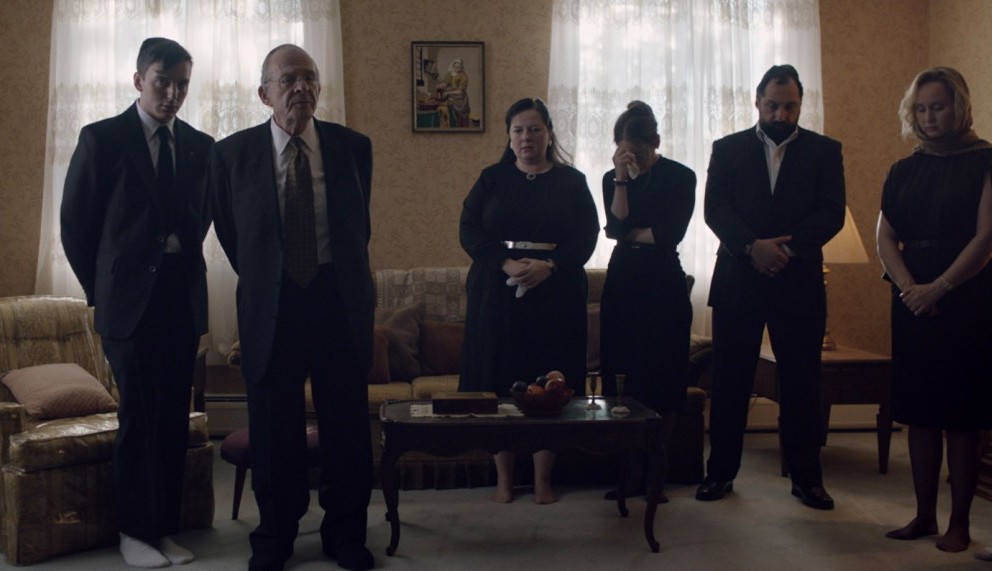
LRM: And that’s you.
Eric Steel: And that would be me. So, once I swapped that over, so many other things began to begin soon.
LRM: Religion and sexuality are strong themes in this film. How do you think the Jewish community will respond?
Eric Steel: Well I would imagine that in the theatre yesterday there were Jews, and nobody walked out. I think we’ve certainly heard from a bunch of Jewish film festivals and gay film festivals and I think, there are these, sort of lines of connection between what Jews have done historically…not only the persecution, but how you learn to survive and how you learn when it’s safe to be your authentic spiritual self and when it might not be and how to camouflage them. I grew up in a family of very simulated Jews where, my mother wanted to name me Christian, and it was because my grandparents were immigrants. They wanted to be Americans. And what stood in the way of them becoming successful Americans, in their mind, which was both learned from the culture and sort of generated internally in their lives, was that it wouldn’t be in their best interest to be seen as Jews.
So, I think while they still practiced High Holidays at home and maybe occasionally went to the synagogue, they didn’t want to live in the immigrant housing buildings that they first came in. They wanted to be Americans. They didn’t want to be in the Bronx, they wanted to be in Manhattan and they wanted to send their kids to the schools that good American families sent their kids to, not to your Shiva schools. I think gay people go through the same thing. I grew up in the most loving family in the most liberal city in a very open, free country. There was never a moment that I thought my parents were going to kick me out or not love me for being gay, but I certainly didn’t feel like I belonged in the same way.
LRM: Although they were accepting of your sexuality?
Eric Steel: Yeah, I think it was an education for them and also, even in my own head, I think I knew that I was gay and I could accept that I was gay, but to me that meant the possibilities of life were pretty narrow, that I probably would never be in a long-term relationship. That if I had connections with other men, they would be physical ones that lasted as long as sex might last. That was really all that I was sort of allowing myself to believe was possible. I didn’t even think that I could be a filmmaker in this way. I don’t think anyone was going to listen to an autobiographical story from a gay filmmaker in 1985 that wasn’t really… But now we believe that you can get married and that gay men can raise children without committing a crime and all that has changed in the last 30 years.
LRM: Did you also grow up in Manhattan or in Brighton Beach? What was it like to film there?
Eric Steel: I grew up in Manhattan. Now if you go to Brighton beach, it feels very Russian. If you walk out on the boardwalk, the language you hear out there are different dialects of Russian. In the 80s, there was still a large Orthodox, Jewish population and maybe not always Orthodox, but sizeable Jewish population that had been there from before World War II and this was their home. If they weren’t Orthodox, they were at least pious. So, when the Russians came in the late 70s and the early 80s, slowly, at first and then much faster, it was like two kinds of water meeting and the American Jews spoke English and a little bit of Yiddish. The Russians spoke Russian and a little bit of Yiddish and the only connectedness they had was Yiddish and it was always a language that was spoken above and around kids. I remember my grandparents speaking it thinking that the kids would never understand what they were saying, but for whatever reason, Yiddish sounds enough like other words that you can kind of figure it out.
LRM: Yeah, it sounds a little bit like German.
Eric Steel: It sounds a little bit German and there’s lots of words that when you hear it, they almost sound like American slang. I don’t know why, but you sort of know what it is. So, I love that part of it, but also that Brighton beach is already separated and it’s like its own little island and it’s very hard to get to, the subways used to take even longer to get there. It’s like a Jewish ghetto or a gay ghetto or, in its own way, it was definitely, of all the places in New York that felt, to me, like the most ghetto wise, which was in a way just concentrated.
Related: Interview With Sacred Lies Creator On The Origin Of The Facebook Watch Series
LRM: Can you talk about minyan, what it is and why it was important for the film?
Eric Steel: The basic concept of minyan is that, for certain prayers, the most holy are the most important prayers and rituals. The rabbis require there be, 10 Jewish men present. So, whenever the Torah is taken out of the Ark for example, or when you say, blessings, prayers for the dead or to bless a marriage, you needed to have 10 men there and the Jewish, at least an Orthodox Jewish faith, there are a lot of prayers that one says during the day, from the moment you wake up until the moment you go to sleep and most of them are very private, like “I’m grateful to wake up and I’m grateful to be washing my hands and thank you for giving me this meal” and things like that, but the rabbis must have known that, not only was it that a certain occasions required a group, but that requirements, the quorum of 10 men was also how they held the community together.
And so, people had to show up, 10 people have to show up on Shabbat, 10 people have to show up when someone died, 10 people have to show up. I know it was deliberate, even though it’s not like the rabbis would have said, “Oh, we’re trying to build community here.” They wouldn’t have made such an insistence on the 10 and even when people say, “Oh, well it’s Orthodox, they’re 10 men, they’re also thinking of women”. I think they were thinking of only the 10 men in terms of who was saying the prayer, but they were certainly smart enough to know that that meant that there were the wives and the kids and these other people that were going to be connected. I think in a story that is about becoming another young man, becoming himself is also a story about belonging.
And I think that is what a Minyan is. It’s like you belong to a minyan, you make a minyan, you know it is a sort of defining, the construction of family or community. Strangely it’s always been a challenge to find 10 men. It’s never been easy, but you know, as time goes by and people after the Holocaust, it was very hard to make money and similar to America, it would be hard to make money. So, it requires extra effort to pull people together.
LRM: Were you ever part of one?
Eric Steel: I was not. I have been a part of one now, but I’m not a regular participant in one, but I think even the reflection of what minyan means is so clear in my life in other ways and it’s like I couldn’t admit writing a movie is something you do completely privately.
You do it all by yourself and you can write and write. It’s like saying the same kind of prayers. Like, “thank you for letting me wash my hands,” here’s another page of script. But when you want to go make a movie, you need to find a community of people to make it with and you need to show up and be present and somehow the prayer that you say alone becomes belief when you have a community. I think there’s no way to make the movie unless you have people who believe that it’s real because if it isn’t real until yesterday, less than the last night at Berlinale. It’s not. I think that’s why I couldn’t sit in it because it was almost too much for me to know that that thing and that idea, that was a prayer in my head that it’s so quiet in the origin became something so real that they were hundreds of people watching it in the movie theatre.
LRM: You said that you never thought that you would become filmmaker. What propelled you? What got you to this point?
Eric Steel: Well, when I graduated from college, I knew I wanted to work in the movies. I knew I wanted to be in the movies, if that makes sense in the biggest, broadest sense, but it wasn’t like out of Africa. It was a story of two gay men in Africa. It was a beautiful, love story. It was just the most incredible lecture I ever had, whether it was a man and a woman or two men. It was so rich and crisp and I never thought that there was space at that point, in 1985, for me to be telling that same kind of story. I wouldn’t have seen it on the screen or on the TV. I think it was an incredible discovery when I found it in books, when I found Giovanni’s Room, but I don’t think that existed in the world of cinema, except maybe rarely as a kind of, cartoon-ish kind of stereotypical, “Oh, there’s a gay man who’s a hairdresser,” or something in the background.
But you know, I think part of it is that I learned, I was very smart. I really loved learning the craft of story-telling. I worked with other writers and filmmakers and I helped them hone their stories, which was a great tool to have in my tool chest, as I set out to write my own things. I was my own best development executive. I was a really good editor of what worked for me and I was like, “Oh, if I were writing notes on my script, this is what I would say,” and as that was happening, I certainly got to a point where I had enough of sitting behind a desk and helping people make movies, but that didn’t feel like enough of film-making to me that I said, “Alright, I’m going to make, I’m going to go off and make documentaries.”
But even then, there was like this notion that I was on one side of the camera and the story was somewhere else and I think, the process of making those documentaries was also a process of discovering that I must be drawn to stories that were reflecting my emotional truth back to me. So, I think there were stories of despair that I found interesting. There were stories of loneliness and the challenges of pursuing your art, at what expense to your own life. So, I think those discoveries also helped me a lot. Then there was Brokeback mountain and then there was Moonlight and then there had been a sort of growing set of voices in the queer cinema world that moved me enough to have, at least the prayer that I can make a movie like that. Then I found producers and cinematographers and correcting designers and wonderful actors, who were willing to say the prayer with me at the same time and that’s exactly what a Minyan is and that’s how we got him.
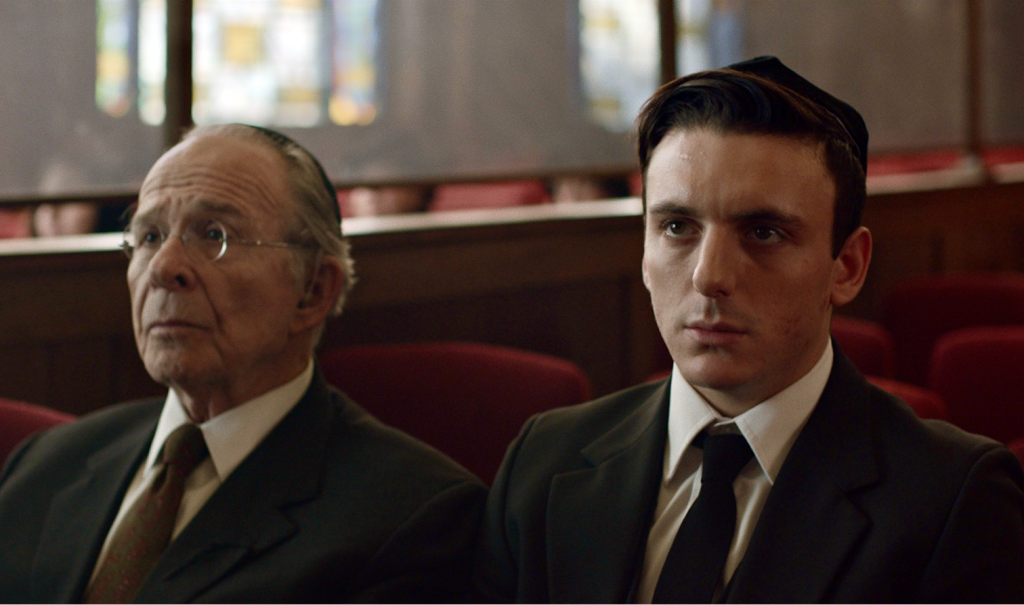
LRM: That’s an inspiring story. What do you want people to take away from this film?
Eric Steel: I think the notion of trying to become your best, most authentic self and trying to express yourself in the most complete way, is the basic idea of this story, but what happens is that that happens on many strings at the same time. Part of it is about sexuality, part of it is about faith, part of it is about geography, part of it is about interest and curiosity and literature and education and self-expression and dancing. I think the notion of becoming is not limiting. This is not a queer story in that way, it is the universal story of becoming, because you could have jumbled those strings around for any other person. One could have made this movie to play out differently, but it could have been a young, straight girl or it could’ve been a, transgender person at the same moment and in time and the music would come out slightly differently.
But the strings of character, with all of you there and the notion of becoming doesn’t happen in a vacuum, that doesn’t happen without trying to discover where you belong and where you feel welcome. I think that kind of symphonic play back and forth is really, again, to me… While I appreciate the incredible support the queer films get as queer films, I think actually audiences are willing to see them in the same light as heterosexual stories, but I have a feeling that the people, who are in the middle of the film-makers and the audiences are still fearful of that rejection of the audience will say, “Oh, that’s too strange, or too different, too alien, to my own experience.” So, I can’t appreciate the love that happens in that story or the discoveries of what joy might be or self-expression, if they seem too foreign.
I didn’t really have any Jewish education growing up, but what I am struck by when I’ve been studying now and learning, and still, feel like I’m learning, is that there’s one phrase that repeated over and over in the Torah, which is, “Be kind to strangers because you were once a stranger in a strange land.” People in the movie business, and I say this because I was one of those people way back 30 years ago, they were like, “Oh, you want to make a great fish out of water story?” All stories are fish out of water stories. We’re all strangers in a strange land in some way or another. It’s a long-term hope that 30 years ago, this movie never could’ve been made.
But maybe 30 years from now people will be so open to the idea of gay love stories or a gay coming of age stories being just as included in the landscape of film-making as any other. It’s like I can look now at what’s happening in the world for transgender people who are really coming into their own and being recognized, and yet I’m acutely aware that they must all feel, “Oh we’re being accepted,” but we’re not really being embraced or we’re given a spot, but we’re not really totally included yet and I think gays and lesbians were there one generation ago, and I think if you went to the Latino community, in America, they were like, “Oh yeah, we’re here,” but we have a president in America who is like, well, I wish you weren’t here. Or African-Americans must think, we have an African-American president, but look what happens. I think you know where I’m going. It’s like all of those, that sense of creating division and otherness, as if it were real. It’s not. It’s like there’s no way that what I was feeling in my heart was any different than what you were feeling in your heart or anybody else. The feelings are universal. It’s just the fear that if other people felt the same way, that would be threatening.
LRM: Well I think a love story will resonate with everybody, gay or not. At least I would hope so. For example, I totally fell in love with Call Me by Your Name, which was a big hit here a couple of years ago and that was a love story between 2 male characters.
Eric Steel: Yeah, I think it’s one of those things that’s hard to exactly quantify, but there’s, I do think, “Oh, I was allowed to marry my husband,” but even within the circles of our own friends, even the straight friends I think they would look at it like, “Oh, it’s a gay, same sex marriage, so it’s somehow different from love.”
LRM: They don’t see it as real love?
Eric Steel: Well, I think it might be, but I don’t know for sure and I certainly know that as a Jewish man, I walk down the streets sometimes, fearful and as a gay man, I kiss my husband goodbye when he goes to work and one eye is looking down the block to make sure that there’s nobody going to throw a bottle at me. I live in a very accepting world. So, imagine if I didn’t, what it would be like.
Wanna join the LRM Online conversation on Discord? Join our server by CLICKING HERE!
—–
Have you checked out LRM Online’s official podcast feed yet The LRM Online Podcast Network? This includes our flagship podcast Los Fanboys, our premiere podcast Breaking Geek Radio: The Podcast, and our morning show LRMornings. Check it out by listening below. It’s also available on all your favorite podcast apps!

 FOR FANBOYS, BY FANBOYS
Have you checked out LRM Online’s official podcasts and videos on The Genreverse Podcast Network? Available on YouTube and all your favorite podcast apps, This multimedia empire includes The Daily CoG, Breaking Geek Radio: The Podcast, GeekScholars Movie News, Anime-Versal Review Podcast, and our Star Wars dedicated podcast The Cantina. Check it out by listening on all your favorite podcast apps, or watching on YouTube!
Subscribe on: Apple Podcasts | Spotify | SoundCloud | Stitcher | Google Play
FOR FANBOYS, BY FANBOYS
Have you checked out LRM Online’s official podcasts and videos on The Genreverse Podcast Network? Available on YouTube and all your favorite podcast apps, This multimedia empire includes The Daily CoG, Breaking Geek Radio: The Podcast, GeekScholars Movie News, Anime-Versal Review Podcast, and our Star Wars dedicated podcast The Cantina. Check it out by listening on all your favorite podcast apps, or watching on YouTube!
Subscribe on: Apple Podcasts | Spotify | SoundCloud | Stitcher | Google Play

